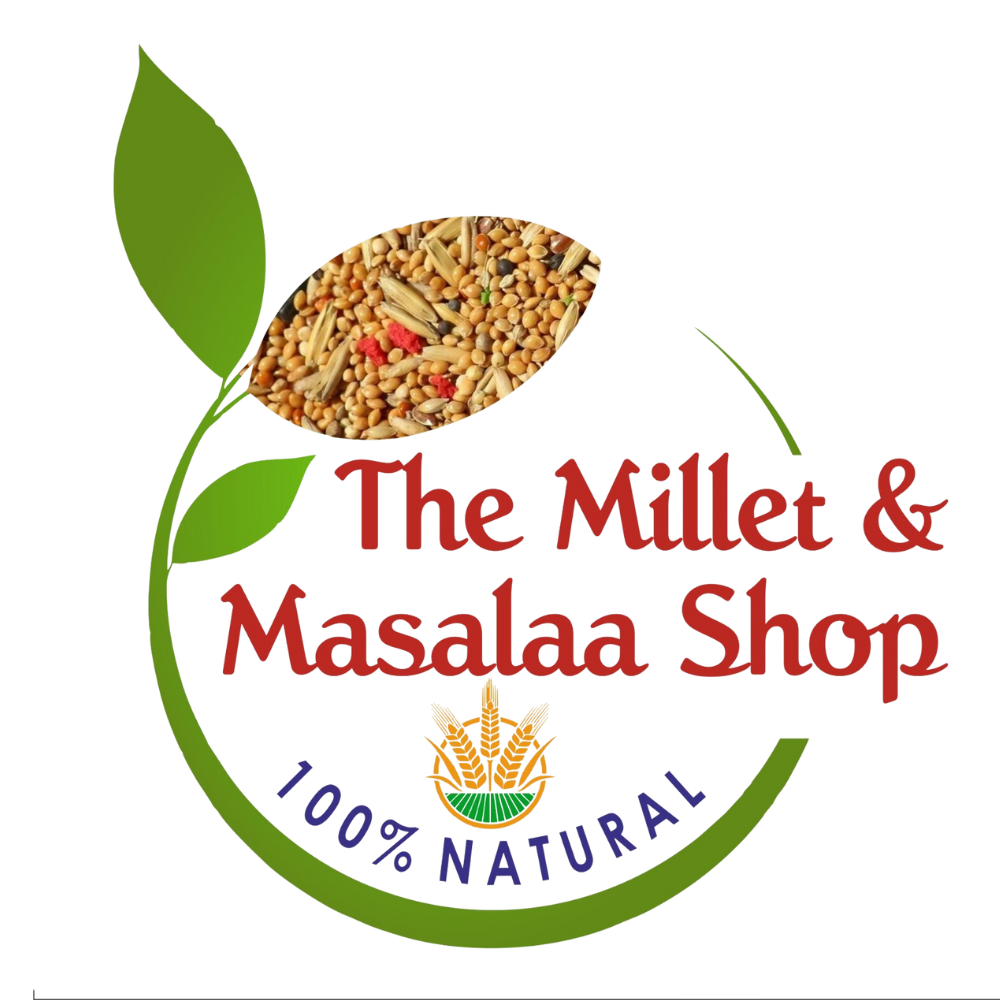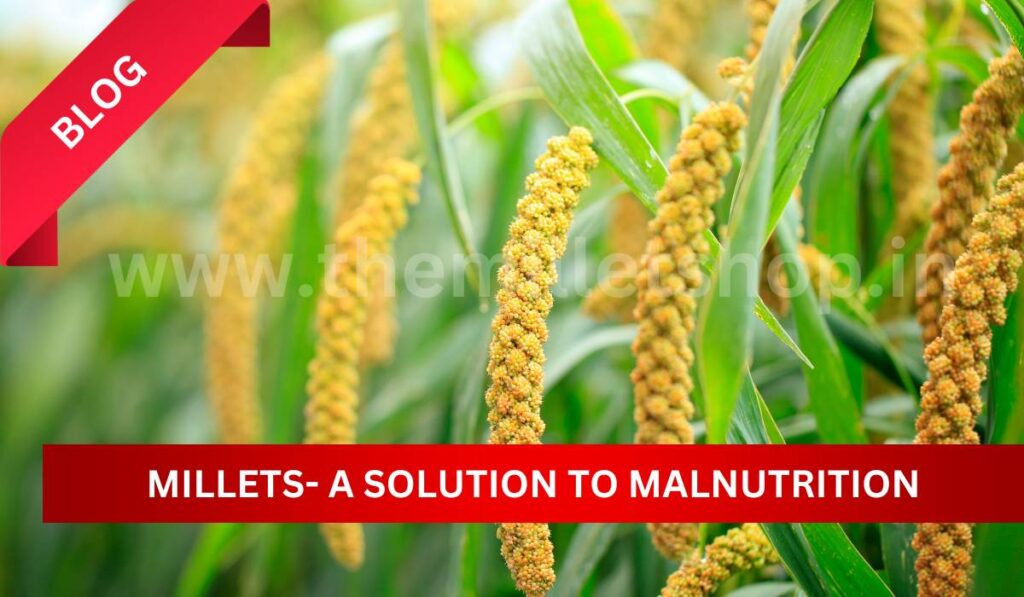Introduction:
In a world where millions of people suffer from hunger and malnutrition, finding sustainable solutions to food insecurity is more critical than ever. One often overlooked solution lies in the humble millet – a group of ancient grains that have sustained communities for millennia. In this blog post, we’ll explore how millets offer a promising solution to global food insecurity and malnutrition, and why they deserve more attention in efforts to build a more resilient and nourished world.
The Global Challenge of Food Insecurity and Malnutrition:
Before we dive into the role of millets, let’s first understand the scope of the problem we’re facing. Despite significant advancements in agriculture and food production, millions of people around the world still lack access to nutritious and affordable food. According to the United Nations, over 820 million people suffer from chronic hunger, while millions more face malnutrition due to inadequate diets lacking essential nutrients.
Traditional staple crops like wheat, rice, and maize dominate global food systems, but they often require intensive resources such as water, fertilizers, and pesticides to cultivate. As a result, small-scale farmers, particularly those in marginalized communities, struggle to grow enough food to feed themselves and their families. Additionally, monocropping practices and climate change exacerbate the vulnerability of food systems, leading to reduced crop yields and increased food insecurity.
The Promise of Millets:
Enter millets – a group of small-seeded grasses that have been cultivated for thousands of years in diverse agro-climatic regions worldwide. Millets, including varieties like sorghum, pearl millet, finger millet, and foxtail millet, are renowned for their resilience to drought, heat, and poor soil conditions. They require fewer inputs such as water, fertilizers, and pesticides compared to conventional grains, making them well-suited for cultivation in arid and marginal lands.
But the benefits of millets extend beyond their agronomic resilience. These ancient grains are highly nutritious, packed with essential nutrients such as protein, fiber, vitamins, and minerals. They offer a complete protein profile, making them an excellent source of plant-based protein for vegetarians and vegans. Additionally, millets are gluten-free, making them suitable for people with gluten intolerance or celiac disease.
Millets also have a low glycemic index, which means they cause a slower rise in blood sugar levels compared to refined grains like wheat and rice. This makes them particularly beneficial for individuals with diabetes or those seeking to manage their blood sugar levels.
Empowering Communities and Preserving Biodiversity:
Beyond their nutritional and agronomic advantages, millets play a crucial role in empowering small-scale farmers and preserving biodiversity. Many traditional farming communities rely on millets as a staple food and cultural heritage, passing down traditional knowledge and practices from generation to generation.
By promoting millet cultivation and consumption, we can support sustainable farming practices, enhance food security, and promote resilience in the face of climate change. Millets contribute to crop diversification, reduce pressure on water resources, and improve soil health, thereby creating more resilient and sustainable food systems.
Conclusion:
In conclusion, millets offer a promising solution to global food insecurity and malnutrition. These ancient grains are not only highly nutritious and resilient to climate change but also contribute to biodiversity conservation and empower farming communities around the world. By incorporating millets into our diets and supporting their cultivation, we can build a more resilient, nourished, and sustainable future for all. It’s time to give millets the attention they deserve and harness their potential to transform our food systems for the better.

